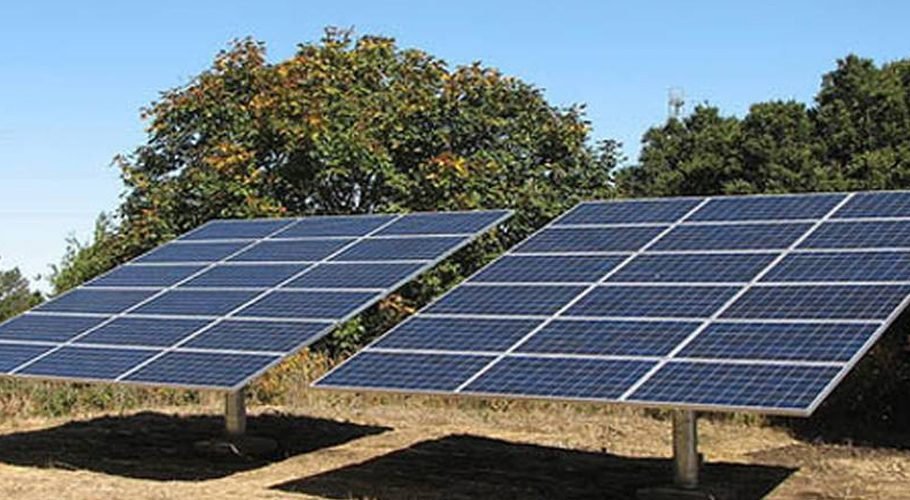As Pakistan gears up for the impending summer season, the country is witnessing a notable surge in the demand for solar panels, leading to a significant hike in prices.
As Pakistan gears up for the impending summer season, the country is witnessing a notable surge in the demand for solar panels, leading to a significant hike in prices. Reports indicate a substantial increase in the cost of solar panels, with prices soaring from Rs. 75,000 to 300,000 across various categories.
For instance, a 7-kilowatt solar panel system, priced at Rs. 850,000, has now surpassed Rs. 920,000. Similarly, the cost of a 10-kilowatt system has risen from Rs. 11 lac to Rs. 12.5 lac. Furthermore, a 12-kilowatt system, which previously stood at Rs. 14 lac, now commands a price tag of Rs. 16 lac. Meanwhile, consumers looking to purchase a 15-kilowatt system are facing a price hike of Rs. 300,000, with the cost escalating to Rs. 18 lac.
The surge in prices predominantly impacts solar panel systems connected to the grid, with additional expenses incurred for hybrid setups that include batteries for energy storage. This increase in costs is exerting financial pressure on consumers, particularly those enrolled in the federal government’s net metering project.
The fluctuation in solar panel prices in Pakistan can be attributed to a multitude of economic factors and occasional political instability within the country. Factors such as brand reputation, efficiency rating, capacity, and specific installation requirements further contribute to the rising costs.
The rise in solar panel prices comes at a challenging time for consumers, as they grapple with the dual pressure of increasing energy needs and rising costs. The summer season, known for its high electricity consumption due to cooling requirements, exacerbates the situation, making alternative energy sources like solar power an attractive option for many households and businesses.
However, the sharp increase in prices poses a barrier to the widespread adoption of solar energy, potentially slowing down the transition towards renewable energy sources. With concerns over affordability and accessibility looming large, stakeholders are calling for measures to address the soaring costs and make solar energy more accessible to the masses.
As the country navigates through these challenges, policymakers, industry players, and consumers alike are faced with the task of finding sustainable solutions to ensure a smooth transition towards a greener and more affordable energy future.
